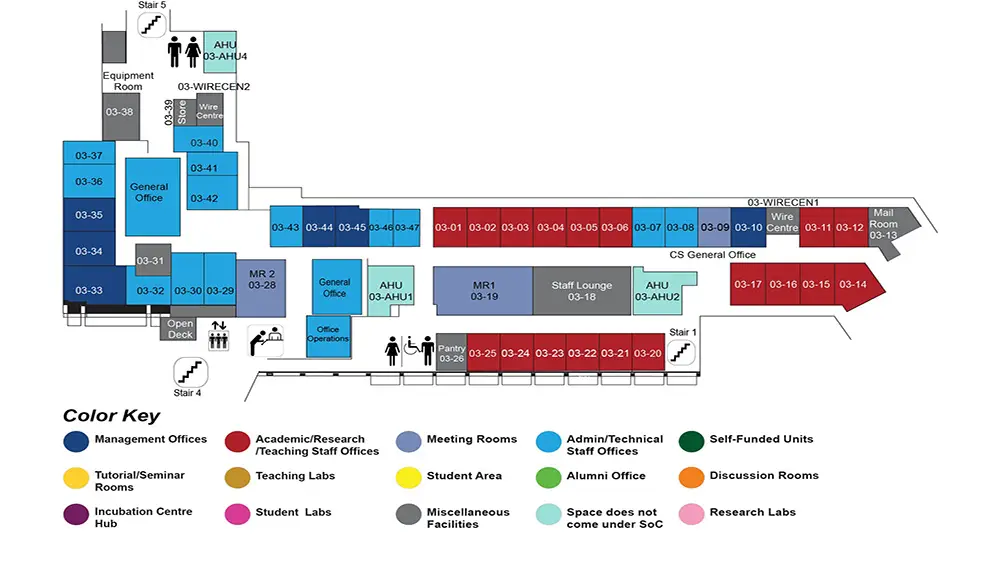Two Faces of Network Closure: A User Adaptation Theory of IT System Use
COM1 Level 3
MR1, COM1-03-19

Abstract:
Currently, users are more likely to rely on their advice networks (i.e., a set of relationships that are developed for exchange of information for work-related tasks) for adapting to changes induced by a new IT system in organizations. This thesis explores how users? advice giving and seeking networks influence IT system use. However, few studies have investigated the relationships between advice seeking and giving network closures and IT system use. Motivated by this research gap, this thesis aims to theorize a user adaptation theory of IT system use by drawing on theories of advice networks, coping and models of IT system use. Specifically, a cognitive-affective-behavioral framework of user adaptation is identified.
Thereafter, this thesis establishes a theoretical connection from advice seeking and giving network closures to IT system use via the underlying mechanisms of user adaptation. Upon that, a contingent theory of IT complexity on the theoretical links between seeking and giving network closures and behavioral user adaptation is proposed and justified, according to the socio-technical systems theory.
The proposed research model was tested via a field study of a newly implemented EMR system in a hospital, where network data and objective system logs of 104 doctors were collected. Particularly, it was found that seeking network closure is positively associated with cognitive user adaptation but negatively associated with affective user adaptation and behavioral user adaptation, while giving-network closure is negative associated with cognitive user adaptation but positively associated with affective user adaptation and behavioral user adaptation. Further, IT system use is positively impacted by cognitive user adaptation and negatively impacted by affective user adaptation, whereas it is not influenced by behavioral user adaptation. In addition, both seeking and giving network closures are appreciated by users for behavioral user adaptation under the condition of a complex IT system.
Overall, this thesis makes several contributions to research. First, it advances our knowledge by proposing and verifying a user adaptation theory of IT system use. Second, this thesis also deepens knowledge on user adaptation in IS research by theoretically proposing and empirically justifying a cognitive-affective-behavior framework. Third, this work also contributes to IS research by enhancing our understanding of advice networks in IT system use. Finally, this work, one of the relatively few, advances knowledge in the social networks literature in general and the debate between network closure and structural holes in particular by disaggregating advice network into advice seeking and giving networks. On the one hand, this thesis offers important suggestions for organization managers. Our findings have implications for managerial interventions that support a new IT system implementation in organizations. These interventions can be targeted to better support user adaptation of new IT systems, and more effective leveraging and constructing of advice networks. On the other hand, this work provides methodological guidelines in terms of measuring networks and using different data sources for conducting a network research in a real setting.

